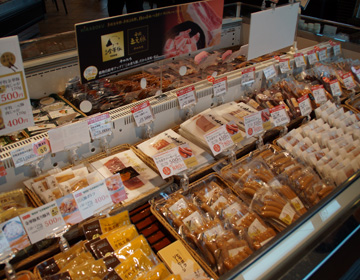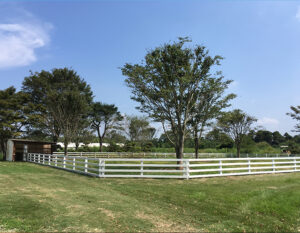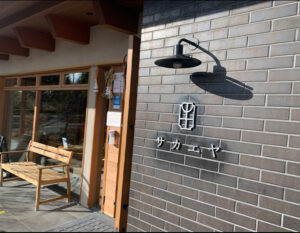The mythical pork “Kinkaton”
“Kinkaton” is sometimes called “marbled pork” for its sweet and tasty fat. It is native to China, and known as the main ingredient for the Chinese delicacy, Jinhua ham. We visited Hirata Farm who grows “Kinkaton”.
Hirata Farm was started in 1953 in the Shonai region of Yamagata prefecture. In 1974, they started the development of the Hiraboku Sangenton. Sangenton means “pork with three origins”, a cross between Landrace, Duroc and Berkshire breeds. They are fed a special feed, and they are known for their smooth meat texture. Sangenton pork is regarded highly by professional cooks, and it is one of the top branded pork in Japan.
It was in 1988 that they started to work on the Kinkaton. It began with their import of Jinhua pigs from China. They are now growing the original “Hiraboku Junsui Kinkaton (Hirata Farm Pure Jihua Pig)” and the “Hiraboku Kinkaton (Hirata Farm Jinhua Pig)” which is crossed with other breeds for more efficient production without deterioration of meat quality.
Hiraboku Junsui Kinkaton is grown at only two locations in Japan, and its availability is scarce. This is why it is often called the mythical pork.
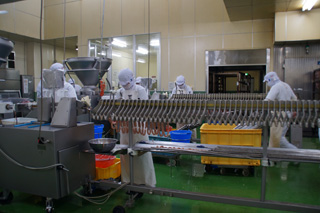
Trial and error to create additive-free sausage
Hiraboku Junsui Kinkaton is one size smaller than an ordinary pig. So the quantity of the meat is less, making it even scarcer on the market. But the taste of the meat, the fat and the texture are of the highest quality and is extremely popular.
Hirata Farm also produces processed meat products. “I want you to taste this sausage.” Shida of the processing division said as he served us additive-free sausages. This product was based on requests for sausages that could be consumed without worrying about additives. That was 40 years ago. Back then, the safety of foods was not so much in focus. Additive free sausages did not exist.
“You may have the impression that it may not taste good without additives.“ Shida said, but we were surprised at the great taste when we took a bite. “It’s the accumulation of 40 years of trial and error” he said with a smile. Shida told us that Hirata Farm does everything from growing pigs, to packing and processing. “We would like to be an industry model. Including TPP issues.“ he told us.
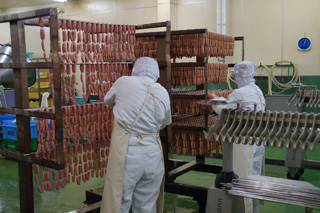
Refreshing and timeless taste
Hirata Farm has retail stores and restaurants nationwide, including several in Tokyo. Thinking of how they could deliver the deliciousness of the pork, they came up with the idea of opening restaurants and serving them cooked. The popular menu at take-out shops is the potato croquette. The secret to the popularity is the lightness of the minced pork mixed with the potato.
We were also able to taste the meat itself, both the Hiraboku Sangenton“ and the “Hiraboku Kinkaton”.
The texture of the Sangenton and the deliciousness of the Kinkaton fat were amazing. It was impossible to convey the taste with just the word ”delicious”.
However, President Kashichi Nitta told us “What I really want to convey is not just the taste, but also the fact that everything is additive free.“
Nakata had eaten Hirata Farm meat and processed products at restaurants before, but was not aware that they were additive free. Perhaps eating delicious additive free food without knowing that fact is a happy state of things. But it is better if we are able to confirm their safety in advance and eat with a peace of mind. In this respect, Hirata Farm stays particular to safety and takes action to convey that fact.




